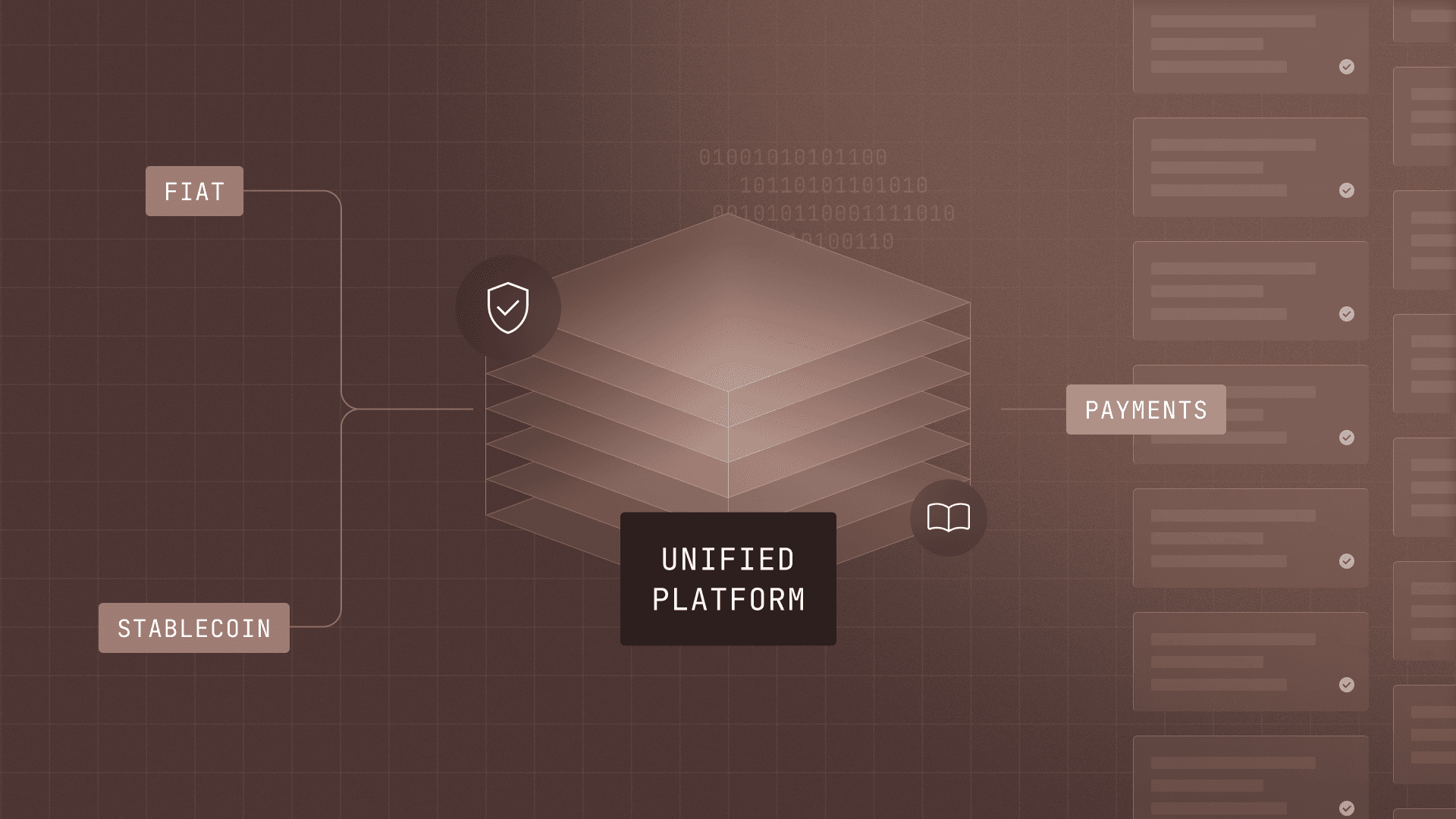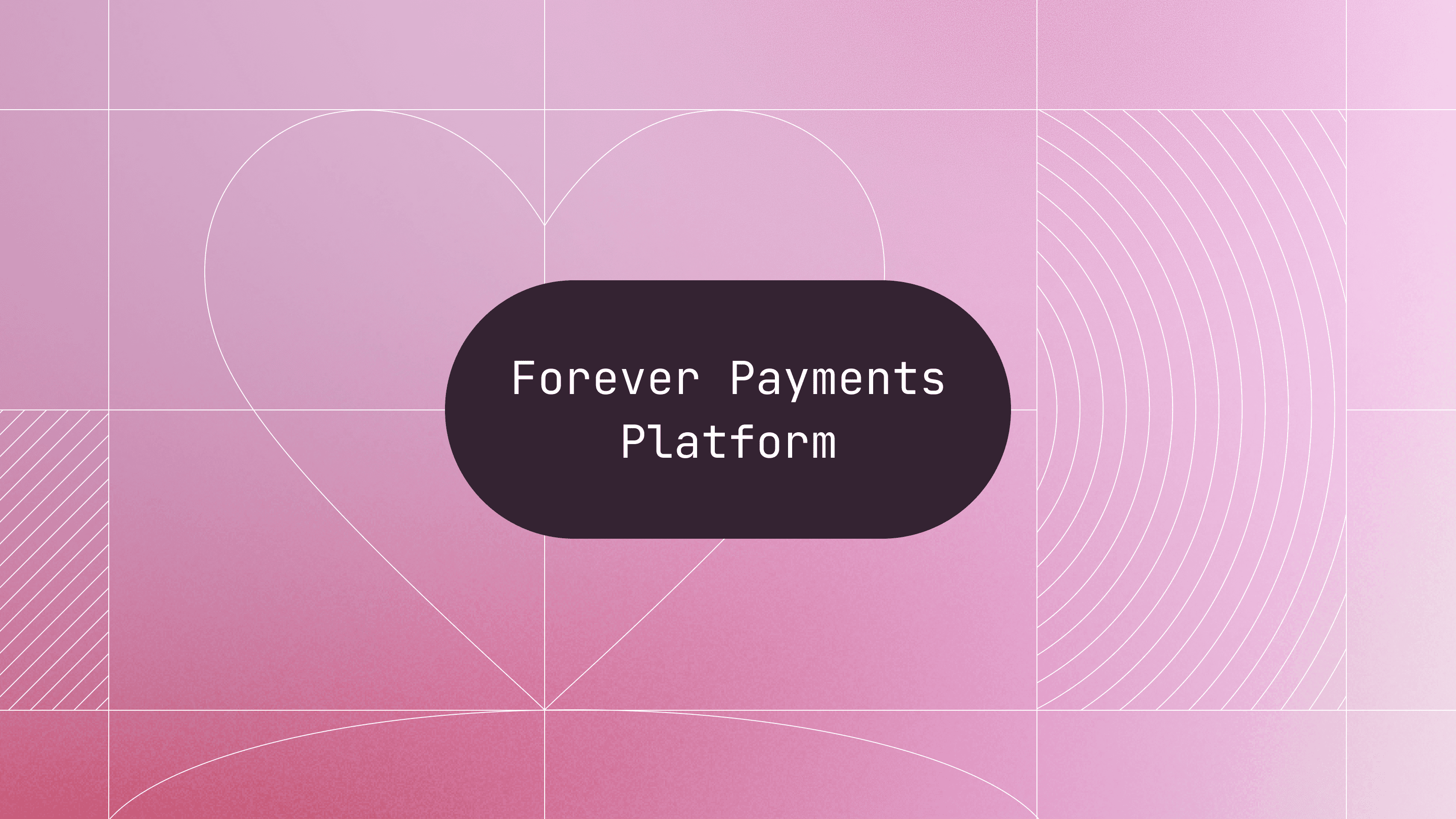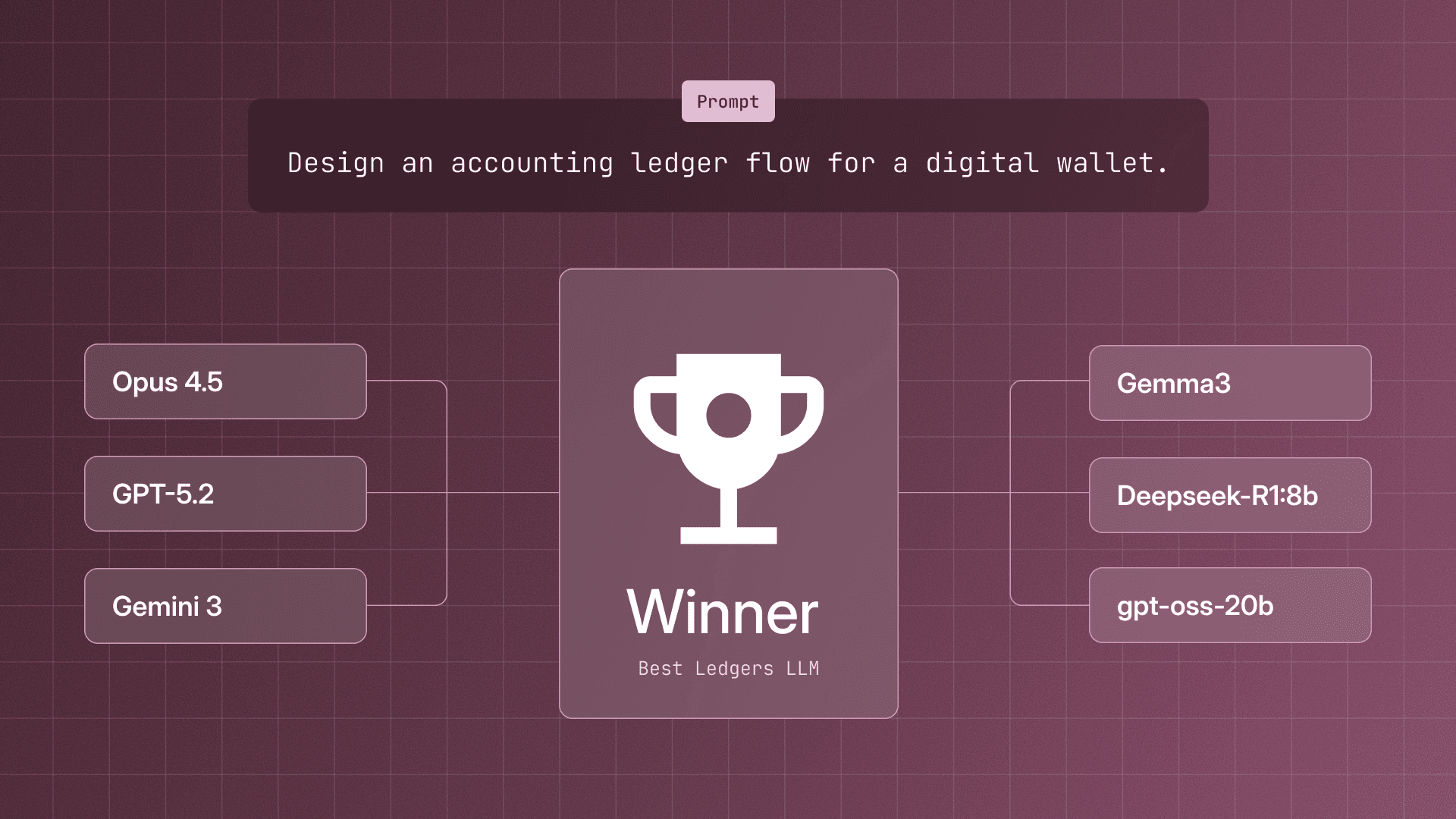Join our next live session with Nacha on modern, programmable ACH on February 12th.Register here →
The Difference Between Closed-Loop Payment Systems and Digital Wallets
The differences between closed-loop payment systems and digital wallets are nuanced and can be challenging to understand. In this journal, we delve into these two products, how they work, and what they look like in practice.

In today’s financial landscape, more and more companies are realizing the importance of speed, security, and convenience when it comes to payments for their customers. Digital wallets and closed-loop payment systems are two product offerings that can meet this need: think of the convenience of re-paying friends for a night out via your favorite P2P app or topping up your metro card balance via your phone.
The concept of digital wallets and closed-loop payment systems are closely related, so the differences are nuanced and can be hard to understand. In some cases, the real differences between the two may even lie in the way you're defining each term or considering them as part of your business. Here, we delve into these two products, how they work, and what their differences can look like in practice.
Closed-Loop Payment Systems
In a closed-loop payment system, the end user starts and completes transactions within a specific ecosystem—think of adding money to or spending money from an account related to a specific retailer, like your favorite coffee shop. Money within that closed-loop system can only be used for that retailer, versus something like Apple Pay, which is tied to a user’s credit card or bank account.
Think of the Starbucks app: you input your banking or credit or debit card information to use for transactions, and are then able to pay instantly via that stored payment information instead of needing to pay with cash or a physical card. With the Starbucks app, there is no way for a user to send and receive money from other coffee drinkers—rather, the information stored in the Starbucks digital wallet can only be put towards food and beverage purchases.
Another example is ClassPass. Through a membership subscription model, users receive monthly credits for booking participating studio classes, with ClassPass tracking credit usage to determine accurate studio payments.
When a member books a class, ClassPass automatically tracks its status from booking to attendance to ensure it’s recorded against the studio’s balance correctly, since members can cancel or reschedule classes. Their finance team has real-time access to reservations, which allows them to calculate business metrics and audit individual bookings.
By tracking class bookings and attendance, ClassPass is able to accurately facilitate payments in a closed-loop system—money comes in from a customer and is paid out to a gym from ClassPass, without the need for the customer to sort out their payments to the gym directly.
Using Modern Treasury’s Ledgers, ClassPass has real time visibility into transactions and balances. With immutability and double-entry accounting, Ledgers also ensures that they have complete confidence in the integrity of the data.
Digital Wallets
Digital wallets, also known as mobile wallets or e-wallets, are virtual platforms that allow users to store multiple payment methods, including credit and debit cards, as well as make electronic transactions. In addition to storing card and banking details, some digital wallets also allow users to hold–and spend from–a balance within the app. Digital wallets allow users to make payments both in-person and digitally.
While digital wallets do overlap with closed-loop payment systems in terms of use—being able to facilitate electronic payments—at its core, a digital wallet allows a user to make and receive payments and store cash balances. They can operate both within an ecosystem where users on both ends of a transaction must both be app users, such as Venmo, or in a broader ecosystem, where the public account and routing number tied to the wallet can directly send and receive funds.
PayPal is a good example. While it can be used to send money between two parties both enrolled in the service, PayPal can also be used as a digital wallet to pay online retailers using stored card or banking information.
Benefits of Closed-Loop Systems and Digital Wallets
Many successful closed-loop systems and digital wallets serve as loyalty programs to encourage more customer engagement and repeat business, but they can also be used strictly to facilitate digital payments from a user to a specific merchant.
In addition to card and banking information, these products can also be used to store non-financial information such as:
- Membership card information
- Loyalty points
- Gift cards
- Event tickets
- Boarding passes
- Transit tickets
Are These Products Right For My Business?
As some of the most widely-used digital payment products today, both closed-loop systems and digital wallets can provide high-value for businesses. Whether you’re considering adding in a loyalty or customer benefit program or are simply looking to offer a streamlined digital payment process for your customers, some reasons to consider a digital wallet include:
- Convenience: Provide customers with a convenient way to store their payment information and make transactions without the need to carry physical cards or cash.
- Faster Transactions: Digital wallets streamline the payment process, reducing the time spent on transactions.
- Security: Digital wallets offer enhanced security compared to traditional payment methods. Tokenization and encryption techniques protect customer payment data, reducing the risk of fraud and unauthorized access.
- Expanded Product Offerings: Digital wallets enable businesses to integrate loyalty programs and special offers directly into the payment experience. This can encourage repeat business and increase customer engagement.
To learn more about how a digital wallet or closed-loop product could benefit your business, or if you are curious about how Ledgers can provide a scalable source of truth for the transactions and balances in your platform, reach out to us.







